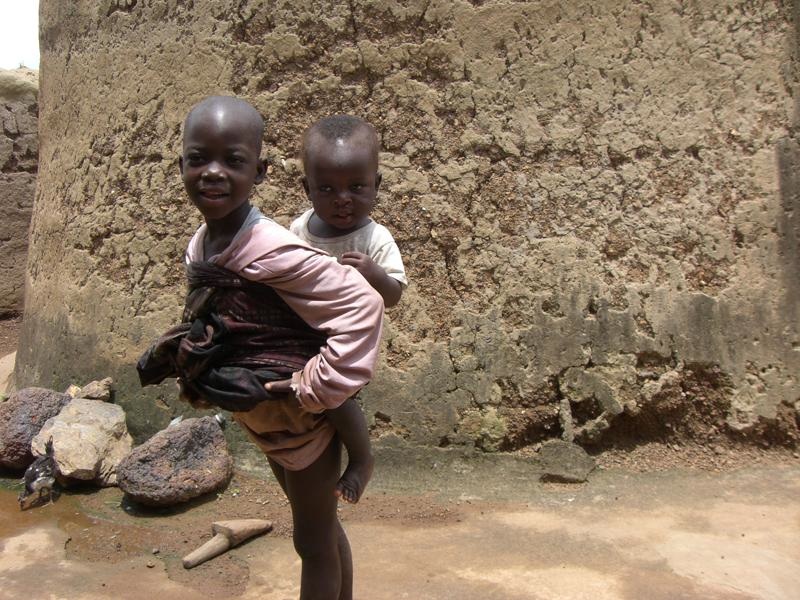
Project GROW's fundraising efforts will provide opportunities for children to receive a formal education.
This year, a group of fourth year nursing students are working with Project GROW to organize a faculty and staff fundraiser to send young girls to school in Ghana. Project GROW: Ghana Rural Opportunities for Women is a project started by students, staff, and faculty at UBC’s Okanagan campus.
The total cost of education for a child in Ghana — from kindergarten through to grade twelve — $2,000 including uniforms, textbooks, and tuition. This year’s fundraising efforts will provide opportunities for children, particularly girls, to receive a formal education. The total cost of education from kindergarten through to grade twelve is $2,000, which includes including uniforms, textbooks, and tuition.
“As Canadian nursing students, we understand the importance of women’s health and the value of formal education as it provides countless opportunities and a means to a better life for the entire community” says Project GROW student organizers Jules Kemp and Katie Killingsworth.
Donations can be made via cheque or credit card at designated locations around campus. These include:
- the Arts Administration Office, room ART270
- Fine Arts and Health Administration Office, room ART323
- with Cindy Bourne, Academic Resource Centre Coordinator, in the University Centre, room UNC329C
- with Sharon De Vries, Major Gifts Officer, in the University Centre, room UNC227B.
Donations can also be taken by the phone at 250-807-8433.
Tax receipts are available upon request for donations of $20 or greater. The Project GROW Girl Child Education fundraiser will run from November 1 to 30.
To find out more visit the Project GROW Girl Child Education blog or email growgirlchild@gmail.com.
Project GROW
Education should be a right, not a privilege. Ghana is a country stricken with poverty and gender inequality. Young girls are not given the opportunity to go to school and the lack of formal education hinders their ability to be independent and promote the health of their family.
A group of fourth year nursing students at UBC’s Okanagan campus is working with Project GROW to empower women in rural Ghana. PhD student Vida Yakong initiated the project 3 years ago in her hometown villages of Nyobok-Nkenzesi in Ghana. Yakong created a community development project working with the village women by asking them what they needed to create a sustainable living.
In the first few years the project focused on providing mosquito nets to decrease the spread of malaria, micro loans to finance goats that generate income and provide milk for their families, donkeys and carts to transport goods, and a grinding mill. With the community beginning to prosper the lack of formal education is apparent. Grown women are unable to sign their own name and do not have the ability to do basic math.
With the need for education identified by the community, Project GROW’s fundraising efforts will provide opportunities for children, particularly girls, to receive a formal education. In rural Ghana, boys are often sent to school while the girls are expected to stay at home. This inequality emphasizes the need to financially support girls to attend school and complete their education from kindergarten to high school.
Last year, through the efforts of small donations, sixty-four girls were given the privilege to attend school through Project GROW’s fundraising. The total cost of education from kindergarten through to grade twelve is two thousand dollars including uniforms, textbooks, and tuition. One of the most important aspects of this project is that once a young girl has completed her education she is required to give something back to the community in any capacity she is able to.
Project GROW has no administration costs, which means that 100 per cent of the donations will benefit the young girls.